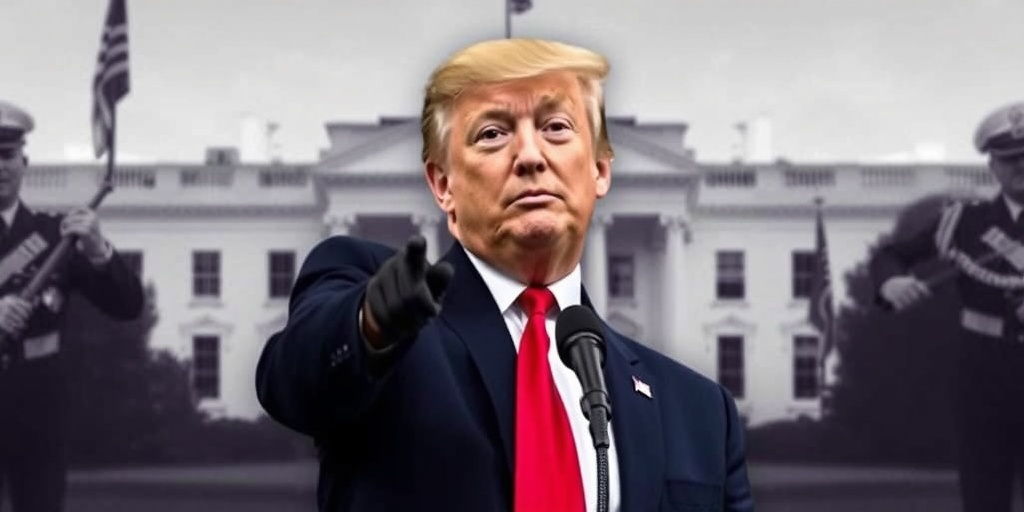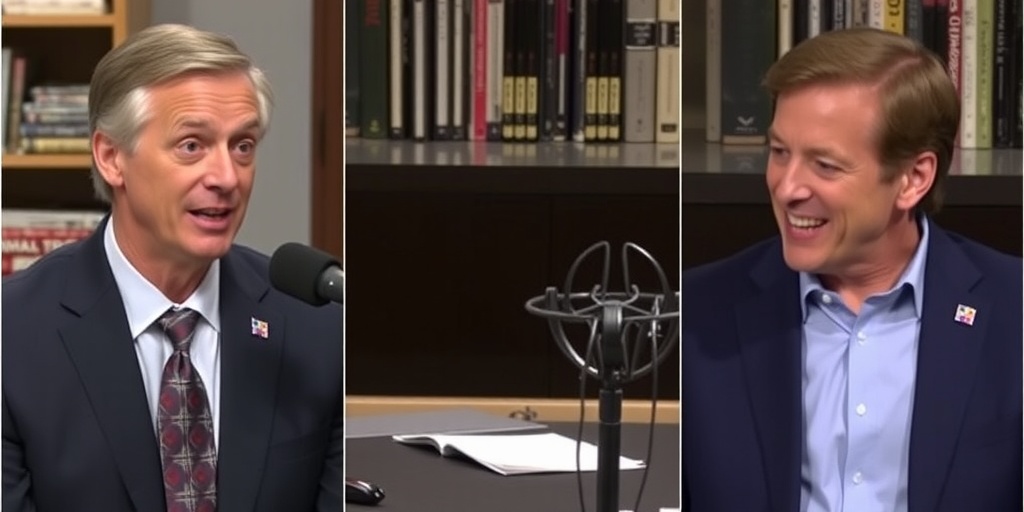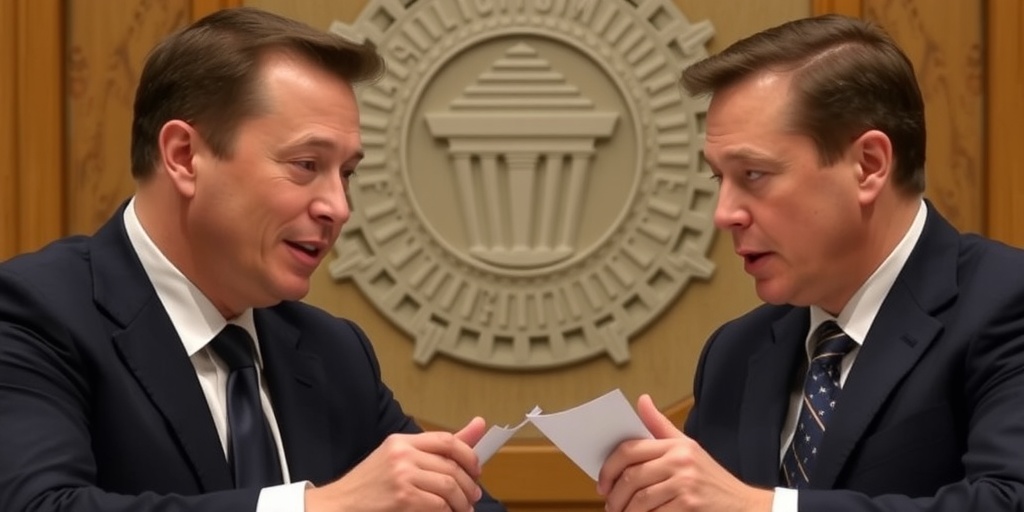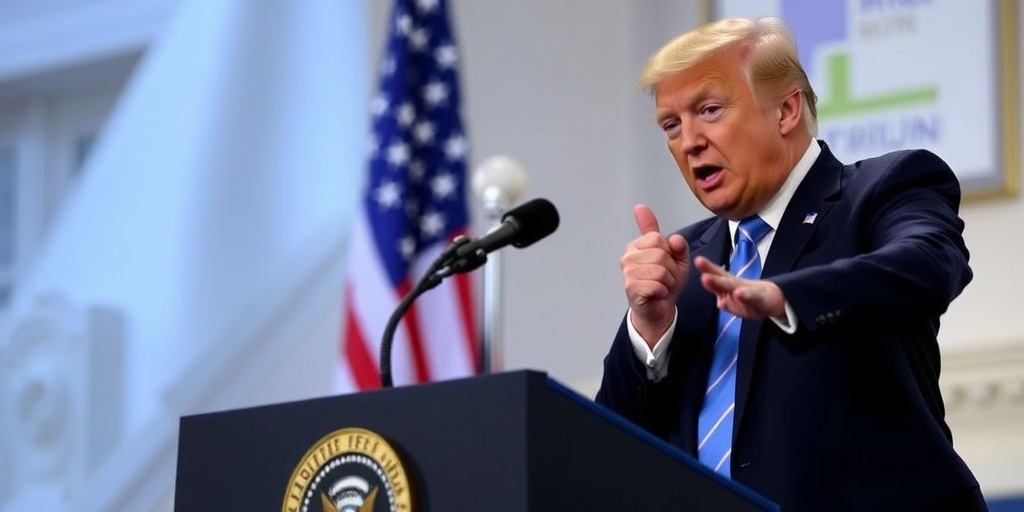Now Reading: Lawsuits Challenge Elon Musk and DOGE Over Transparency Issues
-
01
Lawsuits Challenge Elon Musk and DOGE Over Transparency Issues
Lawsuits Challenge Elon Musk and DOGE Over Transparency Issues
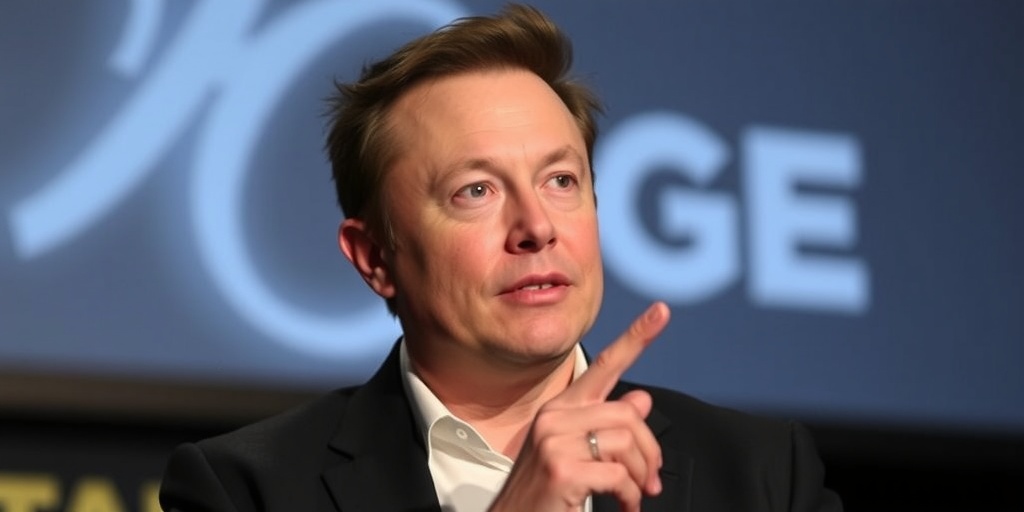
Title: Musk’s Department of Government Efficiency: A Secrecy-Laden Initiative Under Scrutiny
In the realm of political operations, transparency often finds itself at odds with the machinations of authority. Elon Musk, known for his advocacy for transparency, is at the center of a significant narrative highlighting potential secrecy entangled within his newly established Department of Government Efficiency (DOGE). A recent report by colleagues unfolds how Musk strategically designed this federal initiative to operate beyond the oversight of public records laws, raising pressing concerns among legal experts and lawmakers alike.
The core structure of Musk’s DOGE is notably engineered to take over the U.S. Digital Service, previously situated within the Office of Management and Budget, transitioning it into a standalone entity within the executive office of the president. While Musk is not officially titled as the DOGE administrator, his role as an adviser to President Trump enables him to influence significant decisions without assuming direct public accountability.
The implications of this organizational setup become evident when considering that White House advisers benefit from executive privilege. This means their communications, including emails and documents, are often shielded from immediate public disclosure, a fact that could allow Musk’s department to operate with a considerable degree of secrecy. As concerns mount regarding this lack of transparency, it has catalyzed several lawsuits aimed at compelling the administration to disclose more information about the activities and operations of Musk and his department.
Recent court filings argue that the administration is flouting national public records laws and are voicing a demand for judicial assistance in classifying DOGE as an agency that falls under these laws. Legal experts, reflecting on the situation, note that such secrecy could lead to a fundamentally undemocratic situation where an influential agency operates without public scrutiny. Jonathan Shaub, a law professor at the University of Kentucky, articulates the potential risks involved: “These lawsuits argue that an agency wielding significant power in policy-making must not exist entirely in secrecy.”
The argument surrounding transparency and executive privilege in Musk’s initiative highlights a larger legal debate. As confirmed by legal scholars, entities like the National Security Council have historically leveraged executive privilege by asserting their counselors primarily inform the president, who retains ultimate authority. However, the nature of Bono’s DOGE could pose a distinct challenge to this narrative due to the complex dynamic surrounding Musk’s influence and the scope of the agency’s decision-making powers.
A crucial factor in the ongoing discourse is the extent of authority Musk exercises within the Department of Government Efficiency. The question of his actual power was raised in a recent court hearing that further dissected the implications of such an opaquely structured organization. Mark Rozell, the dean of the Schar School of Policy and Government at George Mason University, emphasizes the departure of DOGE from conventional governmental procedures, denoting that “this initiative operates far outside the accepted norms of large government entities that wield control over public policies, budgets, and staff decisions.”
As scrutiny builds, it is important to consider the context in which Musk’s operations are occurring. Amid rising tensions in Washington and the backdrop of significant judicial inquiries, Musk’s supportive tweets during a recent contentious Oval Office meeting between Trump and Ukrainian President Volodymyr Zelensky further underscore his entrenchment in the political discourse. Musk’s active engagement on social media, especially regarding the U.S. role in supporting Ukraine, shows a blending of corporate and governmental communication in the political theater, creating new paradigms of influence and control.
Moreover, the narrative offers poignant insights into forthcoming challenges for U.S. governance, particularly concerning the future of resource allocation and efficiency within federal entities. Dr. Catherine Kyobutungi, executive director of the African Population and Health Research Center, highlighted harrowing consequences of funding cuts in vital programs, alluding to potential public health tragedies that could ensue from reductions rooted in Musk’s goal to eliminate “waste.” Such ramifications add a multilayered complexity to Musk’s initiatives, as they collide with essential services often shielded from corporate-style evaluations of “efficiency.”
Reports have revealed Musk’s Department of Government Efficiency consists of a selection of figures tied closely to Musk’s various ventures, including X, SpaceX, and the Boring Company. This intertwining of personnel raises additional questions about conflicts of interest, accountability, and the overarching aim of government reform. A recent count indicated that 22 individuals affiliated with the DOGE have direct connections to Musk’s corporate enterprises, suggesting an intricate web of potential bias and influence that could further cloud the initiative’s objectives.
As the momentum surrounding Musk’s strategies grows and lawsuits play out in courtrooms, the broader implications for governance and public trust in executive operations unfold. The trajectory of these developments may very well shape the landscape of federal bureaucracy for years to come, forcing a reevaluation of transparency norms and the delicate balance of public agency authority in an age increasingly characterized by corporate influence on politics. The unfolding situation is ripe with uncertainties, yet it underscores a potentially paradigm-shifting moment in governmental accountability and public engagement that deserves close watch in the days ahead.
Stay Informed With the Latest & Most Important News
Previous Post
Next Post
-
 01New technology breakthrough has everyone talking right now
01New technology breakthrough has everyone talking right now -
 02Unbelievable life hack everyone needs to try today
02Unbelievable life hack everyone needs to try today -
 03Fascinating discovery found buried deep beneath the ocean
03Fascinating discovery found buried deep beneath the ocean -
 04Man invents genius device that solves everyday problems
04Man invents genius device that solves everyday problems -
 05Shocking discovery that changes what we know forever
05Shocking discovery that changes what we know forever -
 06Internet goes wild over celebrity’s unexpected fashion choice
06Internet goes wild over celebrity’s unexpected fashion choice -
 07Rare animal sighting stuns scientists and wildlife lovers
07Rare animal sighting stuns scientists and wildlife lovers













